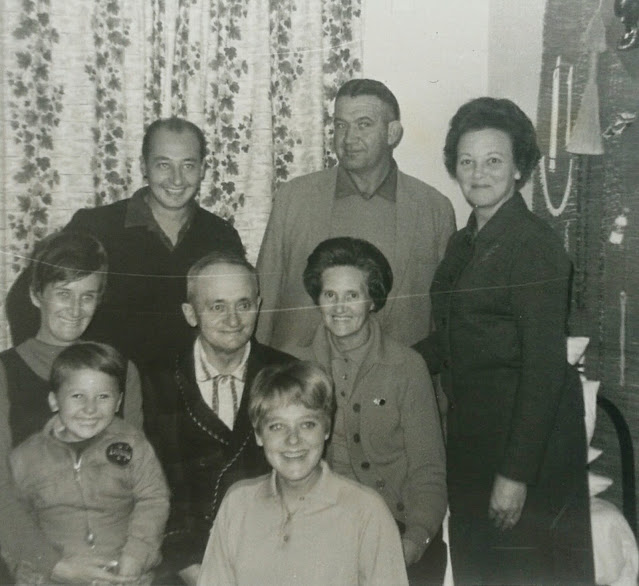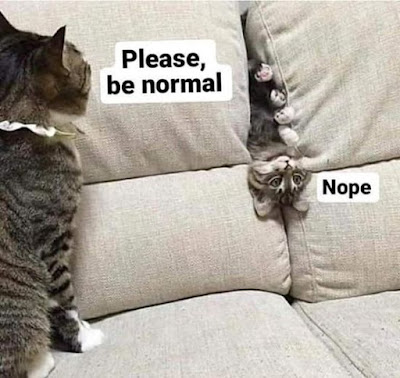Ek het niks hier verloor nie
The title of the story will be “Ek het niks hier verloor nie”. The title will be ironic.
 |
| A Farm with No Name |
I will write about how there’s nothing left of the homestead I grew up in, nothing to go back for. How Africa is reclaiming the garden, and how it is fitting that way. Nature takes over from neglect and erases my father’s footsteps from the farm. It demolishes my mother’s vegetable garden and the exotic mulberry tree that fed my silkworms. I listened to Springsteen's Magic while driving the roads of the Eastern Cape earlier this year: "This is what will be, this is what will be".
 |
| Entry to the Vegetable Garden. There was an enormous mulberry tree next to the gate. |
My mother bred Boerboel dogs and Landras pigs, and found time to nurture an alcohol addiction in between. My dad ploughed fields and drank a lot of coffee. There used to be this ad in the Huisgenoot, it showed a big clock with a cup of Ricoffy at every hour. I think my father understood it literally. He loved his Jersey cows and his Dorper sheep (but that didn’t stop him from eating them). He was a man of the earth. My mom, humbled by her own inadequacies, was soft and open. Like a comfortable couch she would mold herself around you and support you by her yielding. But this is not that story.
 |
| A House where Nobody Lives |
Old Bozo was already old when we lived on the farm almost 25 years ago. For as long as I can remember he was always called “old” Bozo. (That’s o as in shore, short for Nobozo.) He was assigned the easier jobs like taking care of the lambs, bringing them into the shed at night. Those Eastern Cape mountains get cold and lambs can easily freeze to death if left untended. At one stage Bozo moved his whole family to the Transkei, where he was going to retire and live the old way. I’m not sure how long he was gone before rural poverty forced him back into a life of servitude on my father’s farm. I was glad when he came back. I didn’t understand words like servitude then.
One Saturday my parents had gone into town (farmers always drive their bakkies to town on Saturday mornings, when their wives make them put on their good short pants “because it’s Saturday”) and I was wandering through the fields closest to the house when I discovered my fat white pony, the love of my life at that stage, her front foot caught in a barbed wire fence. She had gotten herself thoroughly stuck. The wire pulled tight around her fetlock and there was much blood and ragged skin hanging loose. The more she struggled, the deeper it cut into her flesh.
I’m not sure where Bozo came from, but he seemed to be the only other person left in the farmyard. The rest of the workers had either gone into town on the back of the bakkie or were at their homes, which were a long way from the horses' enclosure. Calm in the face of my hysterics, Bozo used pliers to cut the wire and disentangled the barbs from the wound. It would need disinfectant later, when my parents got home, but the pony was free.
I’d gotten a new bicycle for Christmas and was pedalling as fast as I could over a patch of uneven rocks in the driveway that led past the stables and up to the farmhouse. I felt the handlebars veer to the left, then to the right, and out of control. I saw Bozo running towards me. It went black.
I woke up on the kitchen table. The old man had picked me up and carried me there. One side of my face was without skin. I’d hit my head very hard on the ground and slid along on my face. I’d go to school covered in mercurochrome for weeks afterward. Many years later it came as a surprise - although it really shouldn’t have - to discover that my psyche had turned the archetypal image of a wise old black man into my guide to the unconscious. You only have to take one look at the walls in my house today to see him recur in paintings and photographs. My eyes burn when I see a white-haired tat'omkhulu on the street or in a shop.
So I didn’t go back to the Eastern Cape for almost 25 years, until January this year when I visited the farm. I didn’t dare hope to find anybody from that time. How could anybody survive when my parents had died, when a part of me had died there? I visited the few townsfolk whom I remembered. It was during one such visit that a distant relation told me old Bozo was alive and living in the township. His daughter worked for her on Mondays. She promptly dialled Stompie’s number.
The reunion with someone I’d assumed was long gone was silent for my part. I could not say anything. Every time I tried, I sobbed more violently. He was 94 years old. Smaller than he used to be. Couldn't stand unaided. Stompie had to explain who I was. Then the memory tumbled from his mouth, “ihashe” - horses. That’s what the people there still knew me as. The girl who rode horses.
The next time I saw him I could speak. He asked about a husband, children. I had to drag my adult stepson along to show the old tata I’ve done something with my life (university degrees don’t count. Abantwana do.) Kyle and I drove to a neighbouring town and bought him clothes, food. He lives in a tiny township house with his grandchildren and great-grandchildren. They treasure his ID book like gold. It’s probably their only source of income. One of the granddaughters was hugely pregnant, with several toddlers already in residence. Old Bozo is rich in one way and very, very poor in another.
 |
| Stepson Kyle & Nobozo |
I had to leave him behind. I sent a parcel - more warm clothes, a few packets of soup, some Ensure. Then I phoned today to ask Stompie what I must send, what does her father need. And she told me he spends most of his days in bed now. It has snowed and he’s too weak to go out in the cold. She would visit him and ask him what he needs.
Later this afternoon she speaks to me from his bedside. I can hear the old man’s shaky voice, but he can’t hear me. He talks to Stompie and she repeats, for both of us. Bozo asks for paraffin, so that he can make a fire to drive away the cold. Perhaps a warm hat. When pressed, he adds coffee, sugar and Boxer tobacco to the list.
Paraffin. To make a fire.
 |
| Stompie, Bozo & I |


